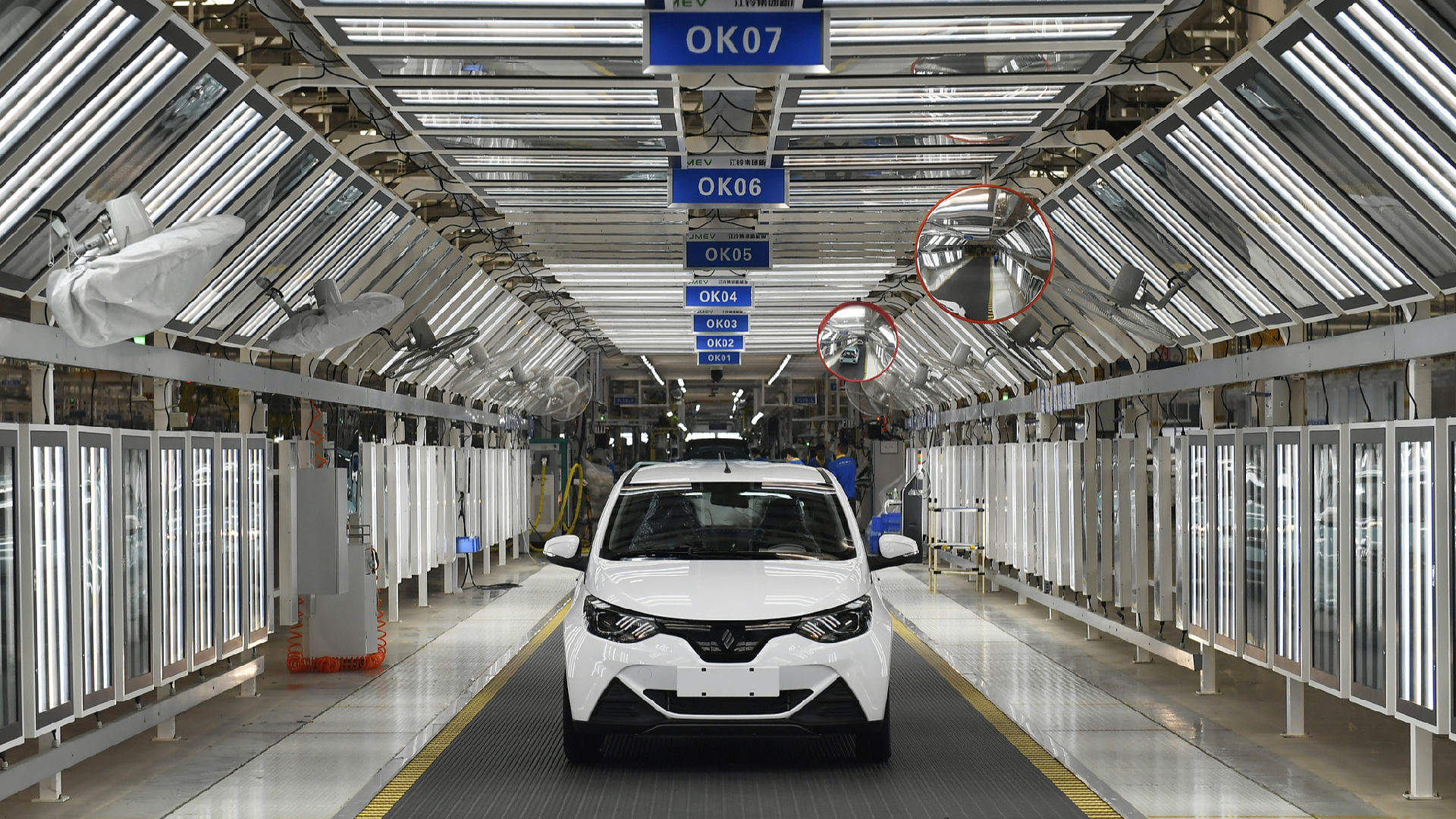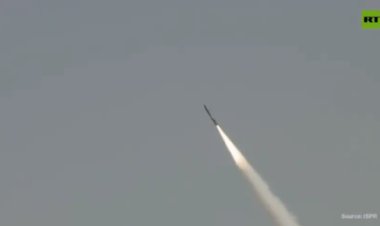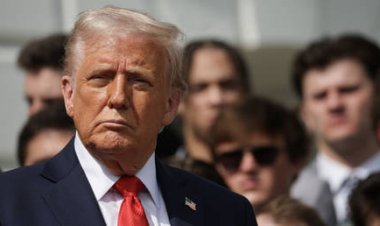EU move to impose tariffs on Chinese electric vehicles provokes backlash
Both Chinese and European parties have expressed significant concerns and dissatisfaction in response to the European Union (EU)'s decision to implement definitive tariffs of up to 45 percent on Chinese electric vehicle (EV) imports, as determined in a vote on Friday. They cautioned that this action could negatively impact the competitiveness of the European auto industry and emphasized the need for a negotiated solution.

"China firmly opposes the unfair, illegal and unreasonable protectionist practices of EU, and resolutely opposes the EU additional countervailing duty on Chinese electric vehicles," a spokesperson from the Ministry of Commerce stated on Friday. This EU action will not resolve any issues but instead undermine the confidence and determination of Chinese enterprises, discouraging them from pursuing cooperation and investment in Europe, the spokesperson added.
Addressing the issue on Saturday, the China Council for the Promotion of International Trade also voiced its strong opposition, asserting that it supports dialogue and consultation between China and the EU to resolve their disagreements, aiming to find a solution that serves the mutual interests of both sides and fosters the healthy and stable development of their economic and trade relations.
The China Chamber of Commerce to the EU characterized the bloc's anti-subsidy investigation into Chinese electric vehicles as a "politically motivated and unjustified protectionist measure." In a statement released on Friday, the organization noted that this approach ultimately undermines the competitiveness of the European market and the vitality of the global electric vehicle supply chain.
On the European front, auto manufacturers have similarly criticized the bloc's recent protectionist initiative.
Hildegard Müller, president of the German Association of the Automotive Industry, described the EU's decision as "a further step away from global cooperation."
Meanwhile, Tanja Gonner, director general of the Federation of German Industries, underscored the importance of continuing negotiations to avert trade conflicts and to maintain stable economic relations between Europe and China.
German automotive giant Volkswagen reiterated the call for a negotiated resolution in a press release issued on Friday, arguing that the planned tariffs are misaligned and would not enhance the competitiveness of the European automotive sector.
BMW expressed concerns about negative repercussions. "Today's vote is a fatal signal for the European automotive industry," BMW CEO Oliver Zipse told local media. "Now a quick solution is needed between the European Commission and China to prevent a trade conflict that will ultimately only have losers."
Mercedes also highlighted potential adverse effects on the industry, with a spokeswoman commenting to German news agency DPA, "We are convinced that punitive tariffs worsen the competitiveness of an industry in the long term."
In addition, Geely Holding, which owns stakes in the Swedish automaker Volvo Cars, expressed disappointment over the European Commission's plan to impose tariffs on Chinese-made electric vehicles, indicating that it could impede economic and trade relations. Volvo Cars aims to avoid significant tariffs on its China-made electric vehicle imports into Europe by negotiating an agreement on pricing, according to the company and the Swedish government.
Debra A Smith for TROIB News
Find more stories on Business, Economy and Finance in TROIB business












